Crash vs. Crush
What is the difference?
Crash and crush are two commonly confused words in the English language. How do you know when to use each one?
The two words both sound and look very similar, and each word can be a noun, a verb, and also an adjective. Despite these similarities, the meanings of the two words are not the same.
In fact, each word has multiple meanings. It is important to learn the difference between crash and crush because one is used to speak about accidents, and the other is used to talk about love. You definitely wouldn't want to mix them up!
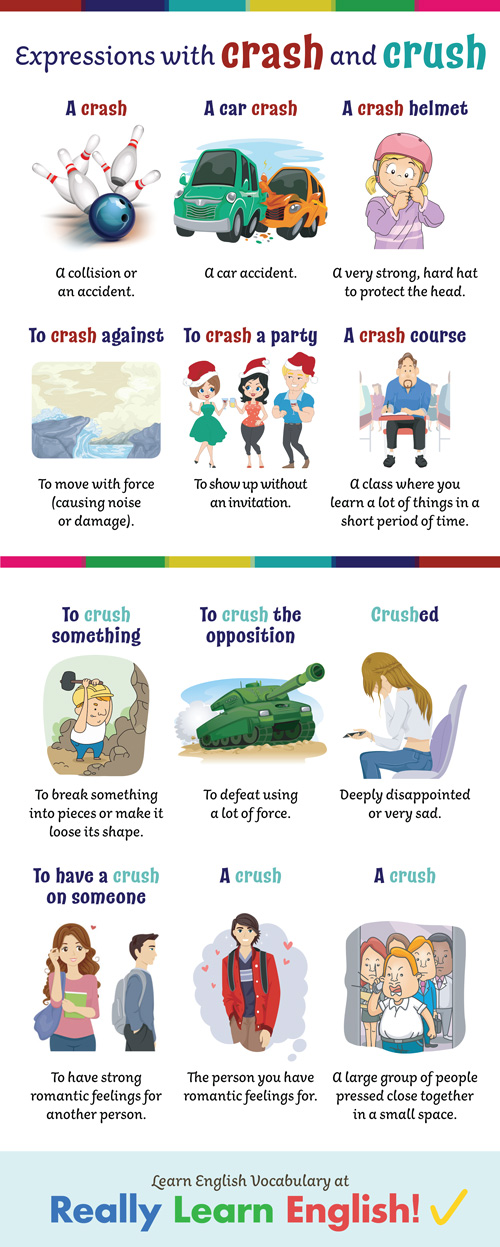
In order to understand the difference between crash and crush, let's look at some examples of each word.
Click Here for Step-by-Step Rules, Stories and Exercises to Practice All English Tenses
Crash
The word crash is normally a verb. When used in this way, it has three meanings. The first definition of crash is to collide with, to hit or to strike. When used like this, crash typically describes car accidents or other collisions involving vehicles.

The second meaning of crash is to move with force (causing noise or damage). This use of crash can describe things like waves, which crash against the shore.

A final use of crash is the expression to crash a party or to crash a wedding. This means to show up without an invitation, and is informal.

As a noun, crash also has two meanings. These definitions correspond to the first two meanings above. Therefore, a crash can mean a collision or an accident, or can mean the loud noise that an object makes when it strikes or bumps into another. Often, we use the compound noun a car crash.

Crash is also an adjective, though this definition is less common. As an adjective, crash means something that is done quickly. Usually we speak about a crash course, which is a class where you learn a lot of things in a short period of time.

Examples:
- The dog slipped on the wet floor and crashed into the table.
(The dog collided with the table because the floor was wet.)

- The surfer lost control of his board and crashed into the boat.
(The surfer hit the boat because he lost control of his board.)
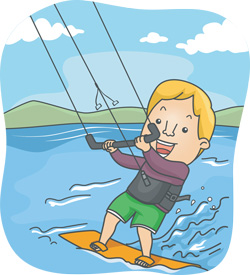
- I love the sound the waves make when they crash against the pier.
(The sound of the waves banging against the pier is very nice.)

- Thankfully, despite the bad weather, there were no car crashes on the road.
(Thankfully, there were no car accidents.)

- What was that noise? It sounded like a crash.
(That noise sounded like an accident.)

- Have you ever crashed a party?
(Have you ever turned up at a party uninvited?)
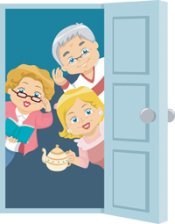
- I signed up for a crash course in Japanese.
(I signed up for a short, intensive course in Japanese.)

Crush
The word crush can also be used as a verb, a noun and an adjective. As a verb, it has three meanings.
The first meaning of crush is to break up into pieces or make something loose its shape. When we use this definition of crush usually we mean that we are breaking something up into very small pieces. Imagine you place a cookie on the kitchen counter and hit it with your hand. What will happen? The cookie will be crushed into pieces.
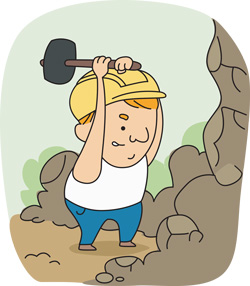
The second meaning of crush is to defeat using a lot of force. When there is a revolt or a rebellion, government authorities try to crush the opposition. This definition of crush is usually used to speak about political rebellions.
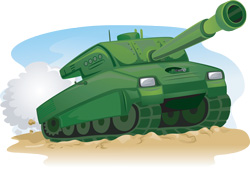
The third meaning of crush is to disappoint deeply, or to make someone feel very sad. From this definition we get the adjective crushed, which means very upset.
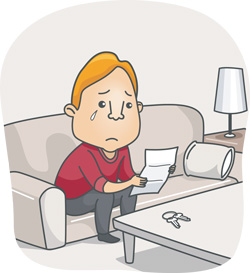
Finally, crush can be used as a noun. The expression to have a crush on someone means that you have strong romantic feelings for another person (usually temporarily). When you have a crush, you generally try to keep it a secret because you feel a little bit embarrassed.

Crushes tend to be very innocent, and are common among teenagers. In addition to the feelings themselves, crush also means the person you have romantic feelings for.

Examples:
- Making peanut butter is easy. All you need to do is crush peanuts in the blender.
(To make peanut butter, you just need to grind peanuts in the blender.)

- I made the cake base by crushing some sugar biscuits. It was so simple!
(I made the cake base by breaking up some biscuits.)

- The rebellion was crushed by the government without any difficulty.
(The rebellion was easily completely defeated.)
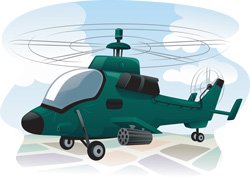
- I was crushed when my boyfriend broke up with me.
(I was so sad after my breakup.)

- I was crushed when I heard the news.
(I was very upset when I found out what happened.)

- Want to know a secret? I have a crush on Thomas.
(Want to know a secret? I really like Thomas!)
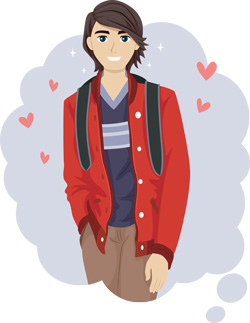
- Jack is my new crush, but he doesn't know it.
(I have romantic feelings for Jack, but he doesn't know it.)
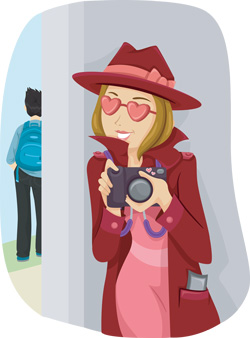
Tips
The word crash is an example of onomatopoeia. That means that the word sounds like its definition. Imagine the noise two things make when they bang into each other. They make the sound, crash!
A Story to Practice Crash vs. Crush
Anna loves to watch the waves crash against the shore. She likes the sound they make – crash! – because she finds it relaxing. When the weather is nice she rides her bicycle along the coast and sits for hours by the waves. She is careful on her bike because she doesn't want to crash. When it is raining she feels crushed because she cannot do these activities.
Sometimes Anna brings a packed lunch. She makes homemade peanut butter by crushing peanuts in the blender, and spreads it on a sandwich. She tries not to crush her sandwich in her bag on the way to the beach. She thinks about making a cake with a crushed biscuit base, but she thinks that would be too difficult to transport without crushing.
Anna has a crush on Peter. She met him in her crash course on Italian. She is thinking of inviting her crush to the beach with her. If he says no, she will feel crushed, but she thinks he'll probably say yes. Maybe he has a crush on her too! It would be so nice to watch the crashing waves together.

Quiz
Answer the following 10 questions and then check your answers. Each question is worth 10 points.
Part 1:
- Which of the following is a correct definition of crash?
- To disappoint
- To grind
- To subdue
- To collide
- Which of the following is a correct definition of crush?
- To hit
- To strike
- A romantic feeling
- A loud noise
- Which sentence is written correctly?
- The motorcycle crashed into the fence.
- Let's check outside. I think I heard a loud crush.
- I have a crash on Rebecca.
- For a garnish, let's crash up some almonds.
- Which of the following is written incorrectly?
- Luckily, there wasn't a car crash.
- The government crushed the rebellion.
- I'm taking a crush course in economics.
- I was crushed when the show was canceled.
Part 2:
- Did you hear that loud __________?
- crush
- crash
- crushed
- crashed
- Don't tell anyone, but I have a __________ on Luke.
- crush
- crash
- crushing
- crashing
- I really enjoyed my __________ course.
- crashes
- crushes
- crash
- crush
- Oh no! The cake got __________ on the way to the party!
- crushed
- crashed
- crushing
- crashing
- I didn't get offered the job. I feel __________.
- crushed
- crashed
- crushing
- crashing
- There aren't many car __________ in our neighborhood.
- crushes
- crashes
- crushings
- crashings
Answer Key
Part 1: 1. D | 2. C | 3. A | 4. C
Part 2: 1. B | 2. A | 3. C | 4. A | 5. A | 6. B
Get Updates, Special Offers, and English Resources
Download your FREE GIFT (the first two chapters of
English Short Stories Book and Workbook)
as soon as you join!

By submitting your email, you consent to receiving updates and newsletters from us and to the sharing of your personal data with third parties for the purposes of sending you communications. We will not spam you. You can unsubscribe at any time. For more information, please see our privacy policy.





